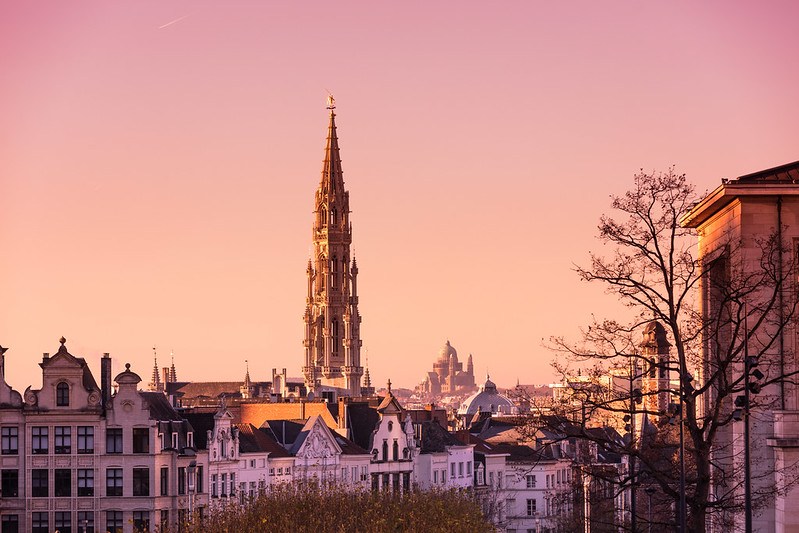The Brussels regional tourism agency visit.brussels has prepared a detailed plan for the relaunch of tourism in the capital after the lockdown.
Yesterday, the government of the region approved the first phase of the plan, to be financed to the tune of €7 million. The plan was drawn up by the agency after consultattion with some 360 tourism professionals.
Among the details of the new plan we find a sanitary charter, a special label attesting to the hygiene of products, and a marketing campaign to promote Brussels at home and abroad as a tourist destination.
As part of the latter effort, the price of the Brussels Card 48h will be reduced, to entice visitors to make use of the various tourism services included in the price of the card, which currently stands at €36 for the 48-hour version with no public transport option (€50 with public transport).
The card, which also exists in 24-hour and 72-hour versions, offers free entry to 39 museums and other attractions; discounts at some shops, restaurants, bars and nightclubs; and a guidebook.
The relaunch plan also includes funding to equip tourist, cultural and heritage attractions with hygiene equipment and distancing signs; funding for the provision of contactless services and other digital presentation services; and funding to help events in the region equip themselves with hygiene, accounting, protection and security equipment.
The second phase will include measures to equip tourism operators with digital technology and measures to support conferences and meetings of more than 200 participants with overnight stays.
“Our vast tourism and cultural sector, which has grown in recent years to nearly 60,000 employees and 7,000 self-employed workers, deserves to be supported,” said Sven Gatz (Open VLD), Brussels minister for budget, finance and the image of Brussels.
“Tourism, events and culture are sectors of vital importance to our region,” commented minister-president Rudi Vervoort (PS). “Tourism operators, who provide a large number of direct and indirect jobs, and who contribute greatly to the international image of Brussels, have been plunged into crisis. The economic distress they find themselves in requires an ambitious recovery plan that can support and inform those affected, and can reassure and attract visitors from inside Brussels, as well as the rest of Belgium and abroad.”
Alan Hope
The Brussels Times

